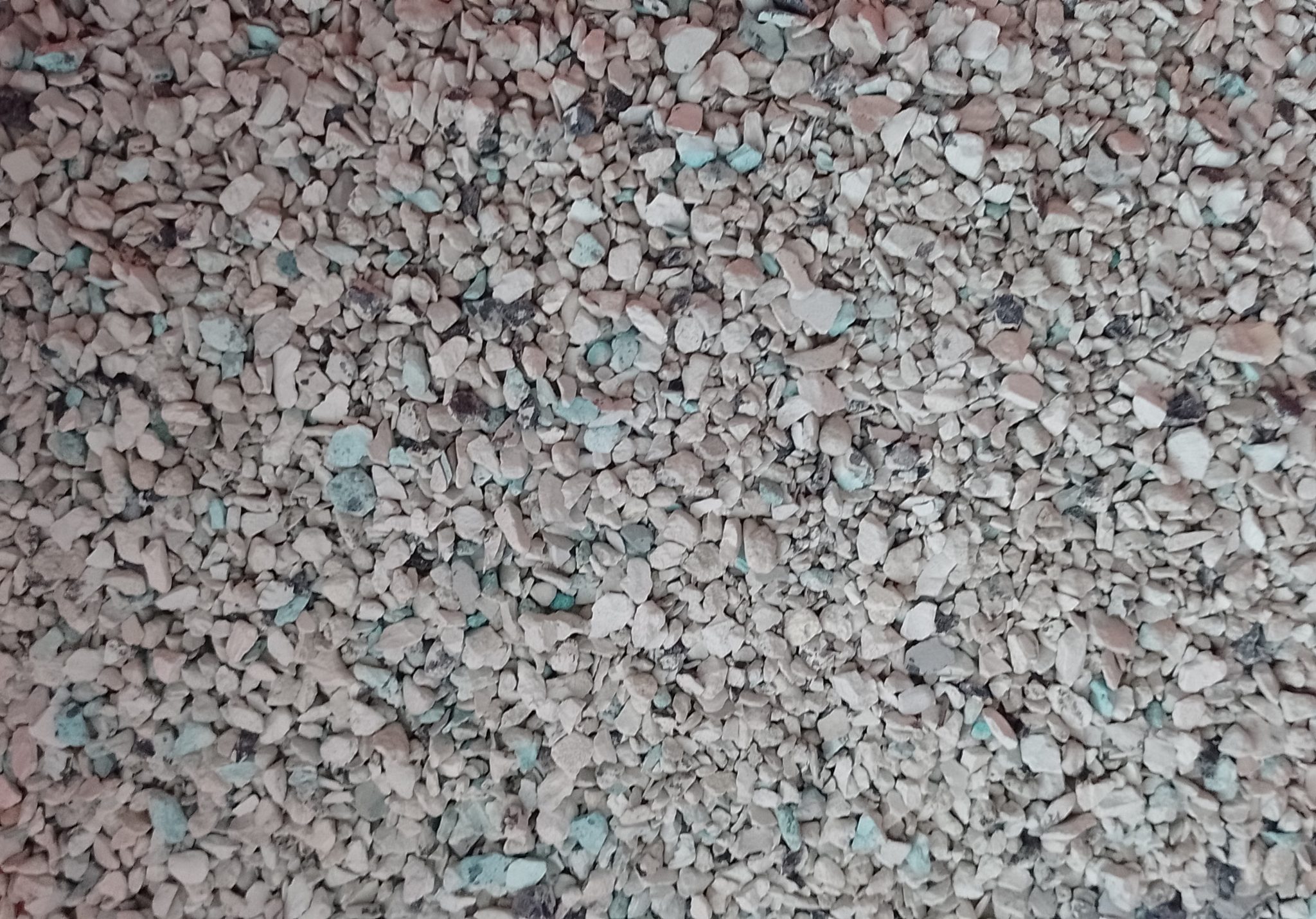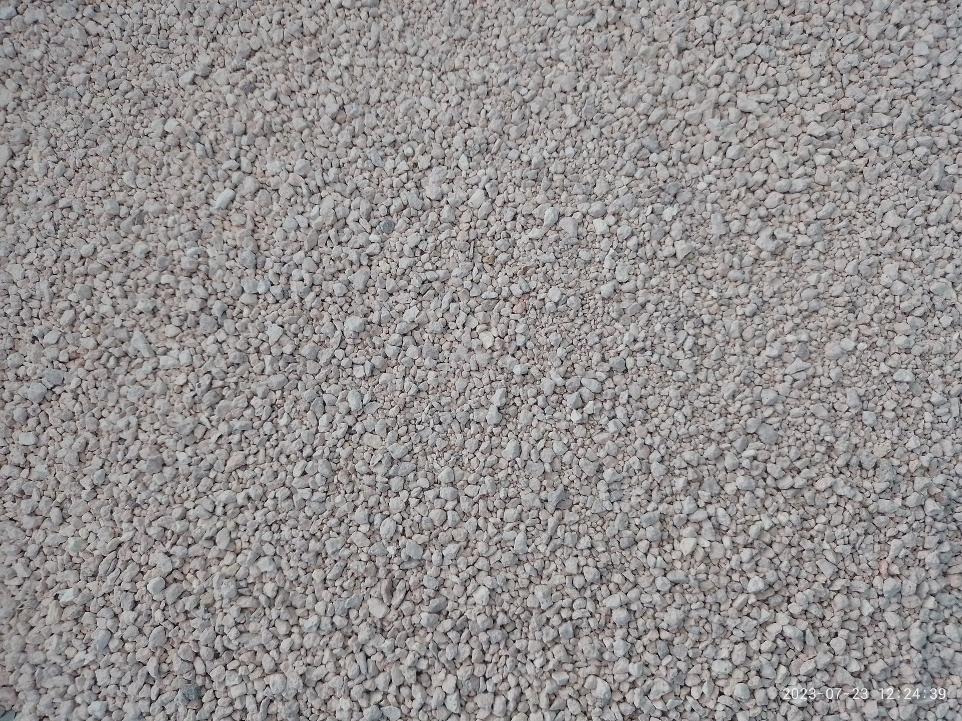What is Bentonite
An Incredible Clay
What is Bentonite?
Bentonite: A Clay with Great Advantages
Bentonite is a clay primarily formed by minerals from the smectite group, such as montmorillonite, regardless of its origin.
In other words:
Smectites are a group of clay minerals characterized by their layered structure, made up of thin sheets. This structure gives them remarkable water retention and expansion properties when in contact with liquids, helping retain nutrients and moisture in the soil.

Bentonite: A Mineral with Multiple Applications
Some of the most common uses of Bentonite are:
Bentonite is a versatile resource used in various industries. From cat litter to ceramics manufacturing, its absorption and sealing properties make it indispensable. It is also key in civil engineering, the petroleum industry, and the production of livestock feed. Its use in cosmetics, detergents, and paints highlights its importance in daily life.

As cat litter

For manufacturing livestock feed

In the petroleum industry for drilling muds

Used in casting processes

Ceramics manufacturing

Filtration and purification of hydrocarbons and fuels

In civil engineering to seal cracks and fissures in rocks

Excipients in the pharmaceutical industry

Soap and detergent manufacturing

Paint production

Paving construction

In some cosmetics
What is Bentonite?
What is a Clay Mineral?
Las características clave de los minerales arcillosos incluyen:
Key features of clay minerals include:
Layered structure: Clay minerals have a laminar structure with sheets of atoms and molecules arranged in thin layers. These layers provide them with unique properties.
Swelling: Clay minerals can expand when they absorb water. This swelling is important for retaining water and nutrients in the soil.
High water retention capacity: Due to their laminar structure and swelling ability, clay minerals can retain large amounts of water, making them useful in agriculture for improving soil moisture retention.
Ion exchange: Clay minerals have a negative surface charge that allows them to exchange ions with water and other substances. This is crucial for nutrient retention in soil and water purification.
Diversity: There are several types of clay minerals, each with specific properties. For example, montmorillonite is known for its swelling ability, while kaolinite is less expansive but has other useful properties.
What is Sodium Bentonite?
Sodium Bentonite
Natural sodium bentonite is a clay that expands when it comes into contact with water, forming an impermeable membrane if confined. This variety contains a high level of sodium ions, expands when wet, absorbs several times its dry weight in water, and can increase its volume up to 12 times. Due to its excellent colloidal properties, it is often used in oil and gas drilling muds, as well as geotechnical and environmental research. Sodium bentonite is much more absorbent than calcium bentonite.
The expansion characteristic makes sodium bentonite useful as a sealant, as well as for containing contaminants in groundwater. It is also used in wall manufacturing and waterproofing, as well as forming impermeable barriers to seal and close water wells. Sodium bentonite is ideal for producing clumping cat litter.

What is Calcium Bentonite?
Calcium Bentonite
Calcium bentonite is a variety where the predominant interchangeable cation is calcium. It does not have the expansion capability of sodium bentonite, but it does have absorbent properties.
What distinguishes calcium bentonite from other varieties is its higher calcium content in its structure.
Key characteristics of calcium bentonite include:
High calcium content: As its name suggests, calcium bentonite contains a higher percentage of calcium compared to other types like sodium bentonite.
Swelling capacity: Calcium bentonite has the ability to swell in the presence of water, making it useful in sealing and waterproofing applications.
Absorption properties: Like other bentonites, calcium bentonite has absorption properties, meaning it can adsorb (retain) water and other substances.
Stability in alkaline conditions: Calcium bentonite is known for its stability in alkaline environments, making it suitable for sealing applications in alkaline conditions.
It offers great benefits in the manufacturing of livestock supplements or feed, as well as an excellent filter for impurities in hydrocarbons and oils.

